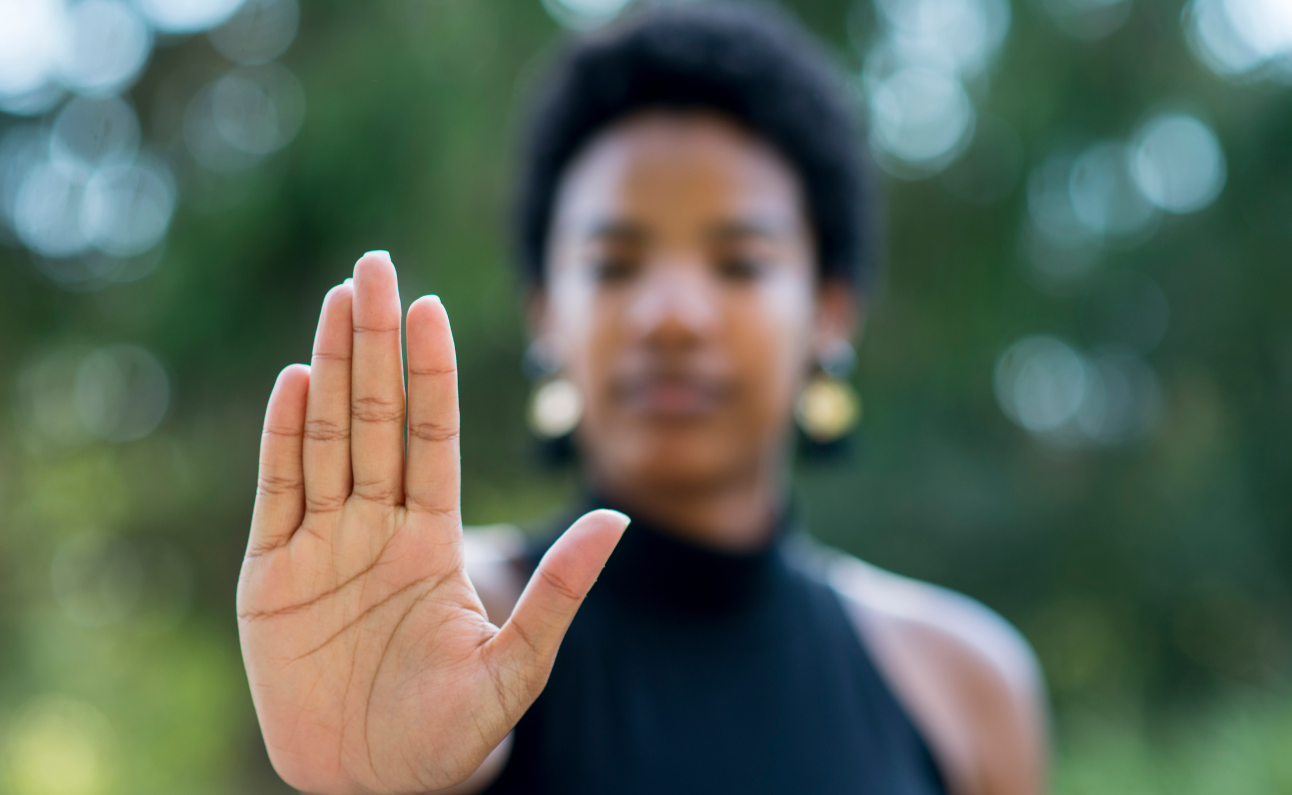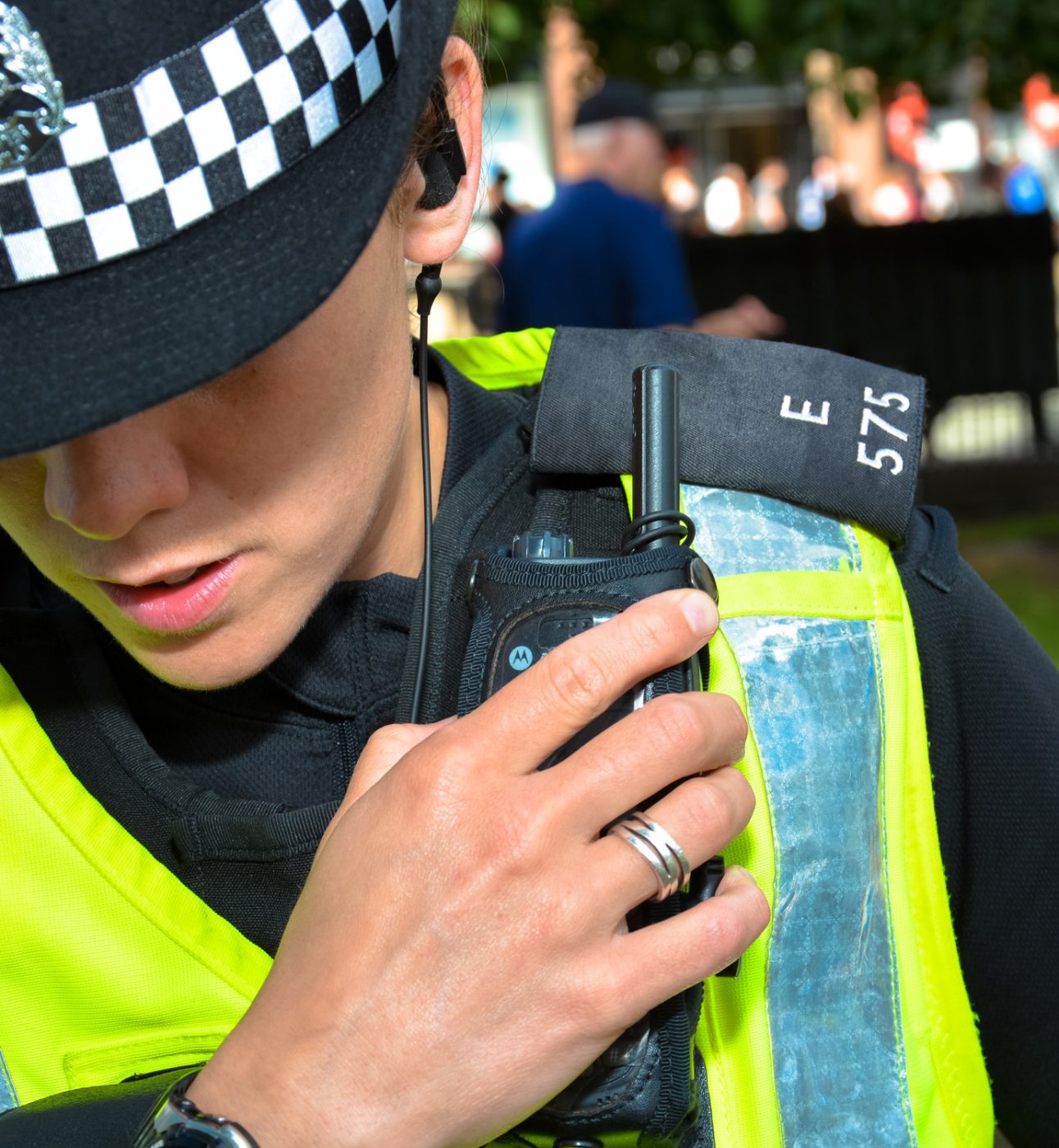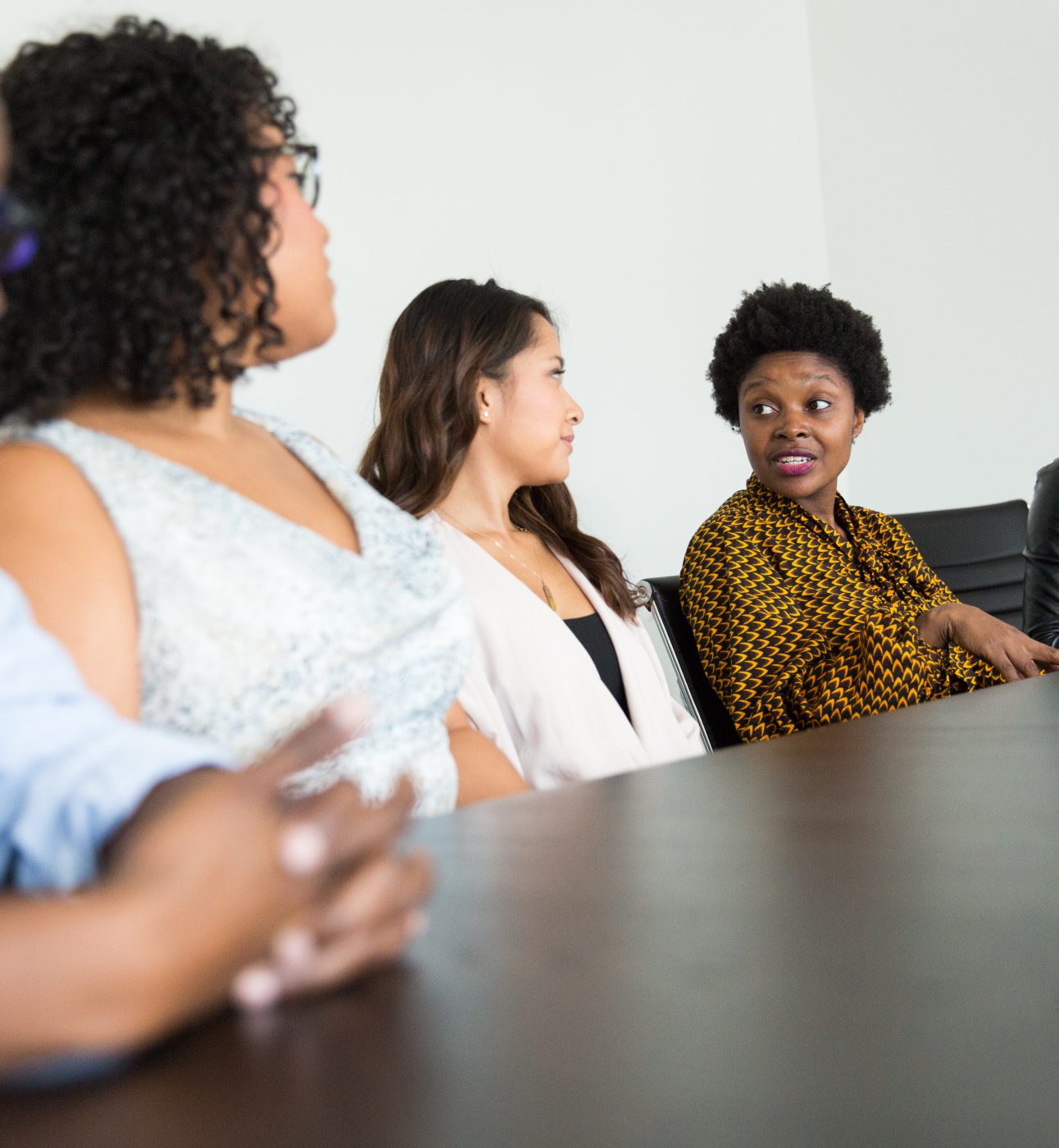
Response to new Government measures: ‘Raneem’s Law’ and DAPOs
We broadly welcome the Government’s announcement of new measures to strengthen the response to domestic abuse.
Domestic abuse specialists in 999 control rooms:
SafeLives Pioneers, who are domestic abuse experts by experience, have highlighted the proposal to place domestic abuse specialists in 999 control rooms could help close some of the existing gaps in how victims are supported when they contact emergency services.
However, we believe that every member of staff within control rooms should be trained to understand the complexities of domestic abuse, to assess risk, and to refer victims onwards to specialist support services. Embedded specialists will provide valuable expertise, but all professionals coming into contact with victims should be equipped with the knowledge and skills necessary to respond effectively.
While domestic abuse specialists are a welcome addition, their role should not be confused with that of Independent Domestic Violence Advisors (Idvas). Idvas are uniquely qualified to not only understand domestic abuse and trauma recovery, but also to act as skilled advocates who liaise with multiple agencies to ensure survivors’ voices are heard in legal and support systems. They are consistently ranked by victims as the most valuable forms of support.
The role of a ‘DA specialist’ should be filled by an operational call manager who has received domestic abuse awareness training from a specialist organisation and can ensure Idvas are engaged when appropriate. Face-to-face contact between victims and Idvas, particularly when accompanying a police response, remains one of the most crucial elements of support, as our Pioneers have repeatedly stressed.
We also urge the Government to ensure that specialist services who receive those referrals are properly funded to provide comprehensive support beyond the initial response.
We need to see better identification and understanding of domestic abuse at every stage of the system. And as many victims will never contact the police—only one in five survivors reach out to law enforcement – this proposal gives a chance for other emergency services to play their part. We want to see all responders well-trained, fully understanding the risks, and knowing the right routes to refer victims to appropriate, ongoing support.
Furthermore, we call for a stronger focus on early intervention and prevention. We must recognise that many victims seek help before reaching a crisis point, and their safety and recovery depend on an early, informed response from every part of the system.
Prevention, understanding, and swift action are key to preventing domestic abuse from escalating, and we remain committed to ensuring these principles are embedded in all reforms.
Domestic Abuse Protection Orders (DAPOs):
We are proud to have played a role in shaping the pilot of Domestic Abuse Protection Orders (DAPOs), developing an approach that aims to ensure the provision of appropriate perpetrator interventions delivered in a way that centres victim-survivor safety. These new orders provide a vital framework to strengthen legal protections for victims, including those experiencing emotional and coercive control, and place a clear emphasis on managing perpetrator behaviour through mandatory interventions. Only by transforming the response to perpetrators of domestic abuse, stopping abuse in its tracks, will we get close to halving VAWG in a decade. This initiative has potential to be part of that transformation.
We look forward to continuing our work with the Government to ensure these measures are implemented safely, and that all survivors of domestic abuse receive the protection and support they deserve.


Training for police

